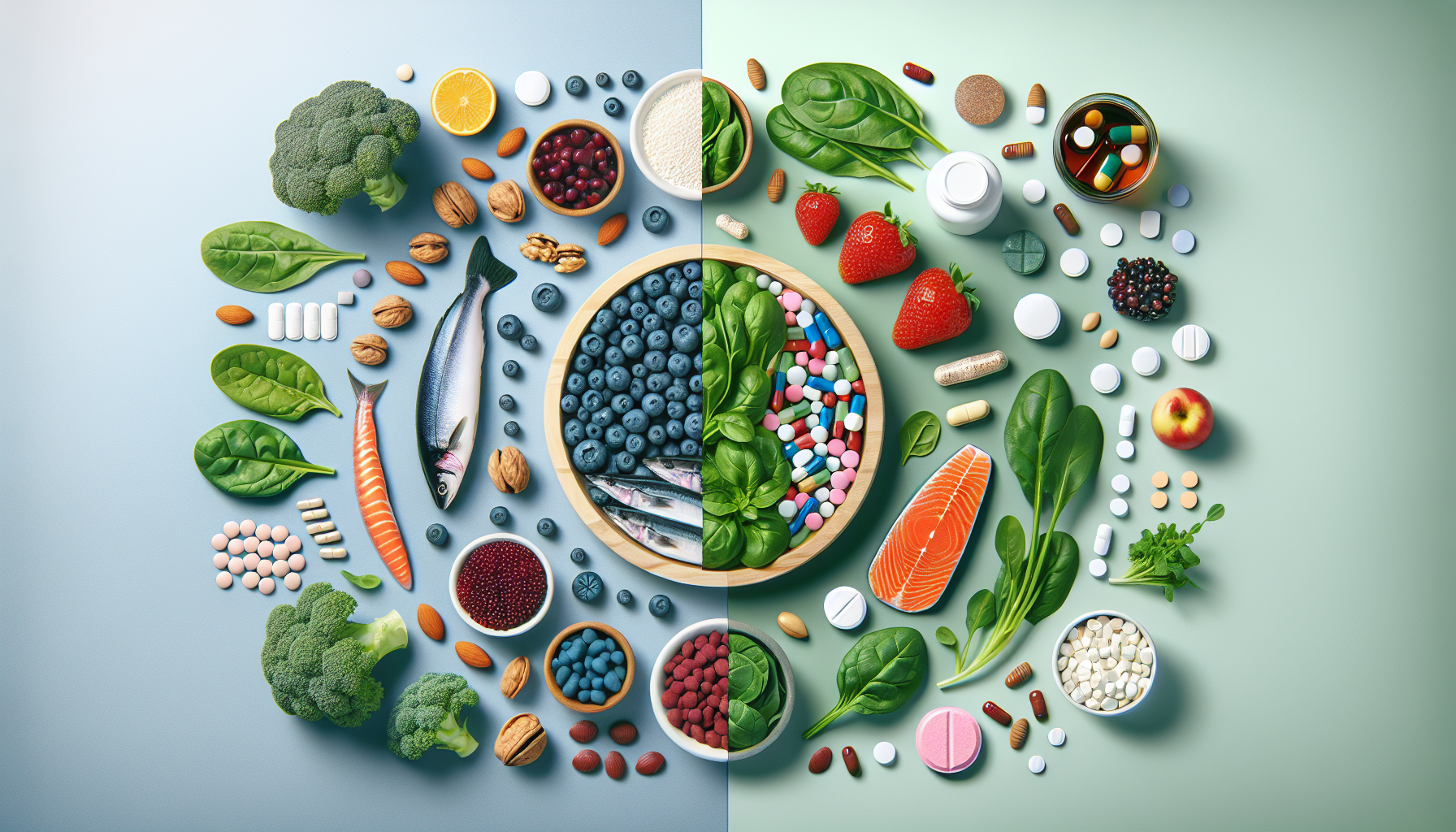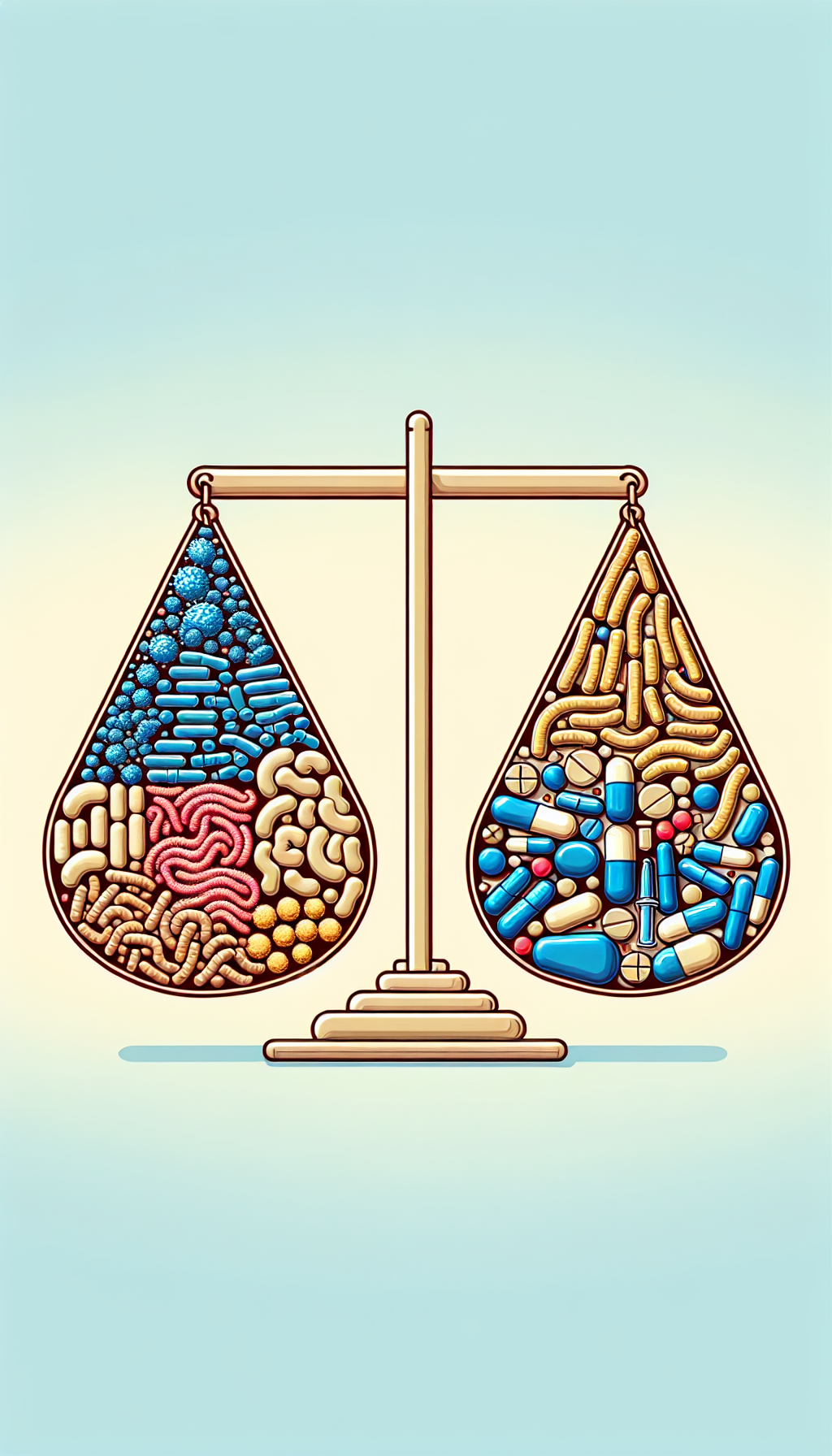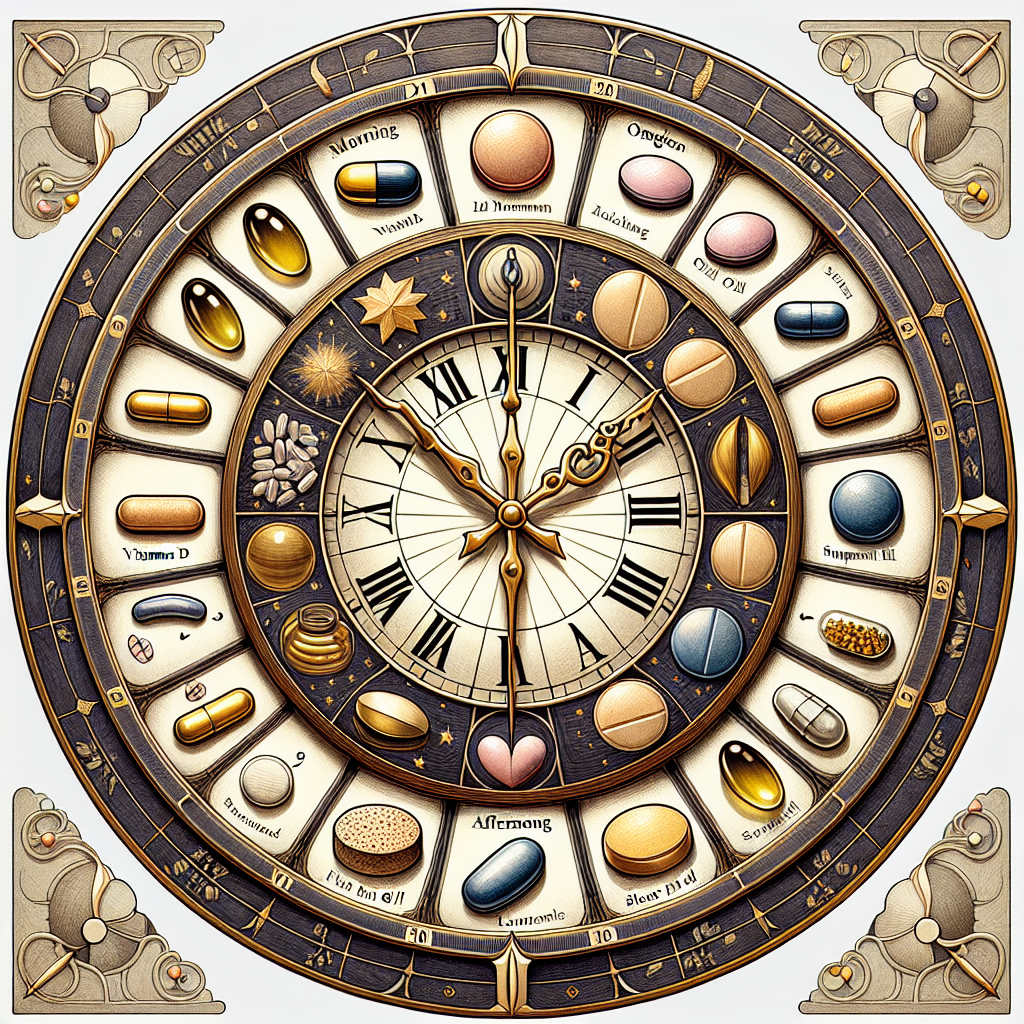In the pursuit of health and wellbeing, the interplay between what we eat and the medications we take is a critical but often overlooked aspect. Functional foods—those that have a potentially positive effect on health beyond basic nutrition—can play a significant role in the absorption and efficacy of medications. Understanding this dynamic is essential for healthcare professionals and patients alike to optimize treatment outcomes and maintain a holistic approach to health.
The Synergy Between Diet and Medication
The body’s response to medication is not only influenced by the drug’s properties but also by the individual’s diet, which includes functional foods. These foods contain bioactive compounds that can interact with medications, either enhancing or impeding their absorption and overall effectiveness.
For instance, certain foods that are high in fiber, like oats and legumes, can slow down the absorption of some medications, potentially altering their intended effect. Conversely, foods rich in vitamin C can increase the absorption of iron supplements, making them more effective.
Functional Foods and Digestive Health
The digestive system is the first point of contact for both nutrients from food and the active ingredients in medications. It’s here that the magic or the mayhem happens—where the absorption of medicine can be enhanced or inhibited by what we eat.
For more insights into how diet can influence digestive health and, by extension, medication absorption, read about Digestive Health.
Understanding Drug-Nutrient Interactions
Drug-nutrient interactions can have significant implications for patient care. These interactions occur when the food we eat affects the pharmacokinetics—how the body absorbs, distributes, metabolizes, and excretes—a medication.
Grapefruit Juice: A Case Study in Drug-Food Interactions
A well-known example of a food that can dramatically influence medication absorption is grapefruit juice. Compounds in grapefruit inhibit an enzyme that metabolizes many drugs, which can lead to increased blood levels of the medication and potential toxicity.
For those interested in a deeper dive into the mechanisms of how medications are metabolized and the role of enzymes, explore the article on The Role of Enzymes in Medication and Supplement Metabolism.
The Role of Dairy in Antibiotic Absorption
Dairy products can also impact medication absorption. The calcium in milk, for example, can bind to certain antibiotics, reducing their absorption and effectiveness. This is why healthcare providers often recommend taking these antibiotics a few hours before or after consuming dairy products.
Functional Foods and Their Impact on Medication Efficacy
While the potential for certain foods to impede medication absorption is significant, some functional foods can actually boost the efficacy of drugs. This is particularly true when the food’s bioactive compounds complement the medication’s therapeutic effects.
Probiotics and Antibiotics: A Beneficial Duo
Probiotics, for example, are known to support gut health and can reduce the side effects of antibiotics, such as gastrointestinal distress. The introduction of beneficial bacteria through probiotics can help maintain a healthy gut microbiome, even when it’s being altered by antibiotic treatment.
Find out more about how probiotics contribute to overall gut health in The Contribution of Probiotic Supplements to Gut Health.
Strategies for Managing Food and Medication Interactions
To minimize the risk of adverse drug-nutrient interactions, here are some strategies that can be employed:
-
Timed Consumption: Taking medications at a different time from certain foods or supplements can prevent interactions that would affect drug absorption.
-
Dietary Modifications: Adjusting one’s diet to avoid foods that are known to interact with specific medications is a proactive approach to optimizing drug efficacy.
-
Consultation with Healthcare Providers: It’s crucial to discuss diet and medication with a healthcare provider to understand potential interactions and how to manage them.
External Resources on Drug-Nutrient Interactions
For those seeking more detailed information on drug-nutrient interactions, the following resources provide valuable insights:
- A scholarly article on the impact of dietary compounds on drug transporters: Journal of Pharmaceutical Sciences
- An analysis of the interactions between functional foods and statins: American Journal of Cardiovascular Drugs
- A comprehensive review of grapefruit-drug interactions: Clinical Pharmacology & Therapeutics
Best Practices for Supplement Use with Medication
In addition to functional foods, supplements can also affect medication absorption and efficacy. It’s essential to consider the timing of supplements relative to medications and to be aware of potential interactions.
For more information on how to safely integrate supplements with medication, consider reading Strategies for Safe Supplement Combination.
Conclusion
The impact of functional foods on medication absorption is a multifaceted issue that requires careful consideration. By fostering a greater understanding of the interactions between diet and medication, healthcare providers and patients can work together to ensure that treatments are as effective as possible. The key lies in education, communication, and a willingness to adjust dietary and medication practices for the best possible health outcomes.



